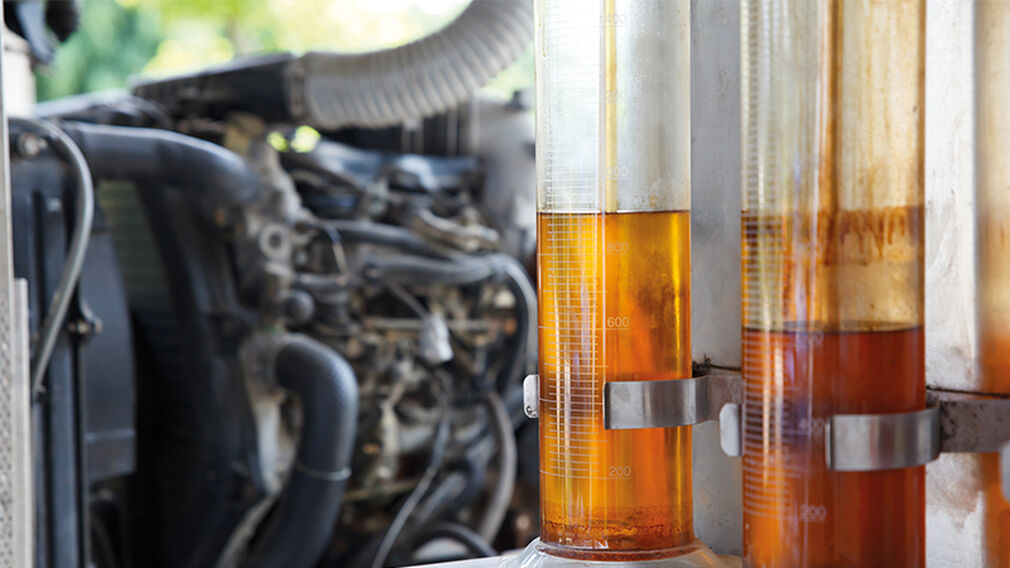
Yes, microalgae oil can be used to produce biodiesel. It’s considered a promising, next-generation biofuel feedstock. While palm oil is a common source for biodiesel today, microalgae offer several key advantages that could make them a superior alternative in the future.
Microalgae Oil as a Biodiesel Source
Microalgae are tiny, photosynthetic organisms that can be cultivated specifically for their high oil content. This oil, also known as lipids, can be converted into biodiesel through a process called transesterification, just like other vegetable oils. The resulting biodiesel, often called “algae biodiesel,” has properties that are comparable to, or even better than, those derived from traditional crops.
Advantages of Microalgae Over Palm Oil
Microalgae present a more sustainable option than palm oil for several reasons:
- Higher Oil Yield : Microalgae have a significantly higher oil yield per acre than oil palm plantations. Some species can have an oil content of up to 70% of their dry weight, and their growth rate is much faster. This means you can produce much more oil in a smaller area.
- No Competition for Arable Land : Microalgae can be cultivated in non-arable land, using ponds, tanks, or even wastewater. This eliminates the land use conflicts associated with palm oil, which often leads to deforestation and the destruction of natural habitats.
- Carbon Sequestration : During cultivation, microalgae use carbon dioxide (CO_2) for photosynthesis, which can help to mitigate greenhouse gas emissions. They can even be grown using flue gas from industrial plants, effectively recycling a major pollutant.
- Wastewater Treatment : Certain species of microalgae can be grown in wastewater, treating it while simultaneously producing biomass for biofuel. This adds a valuable co-benefit to the production process.
- Biodiversity Impact : Unlike the large-scale monoculture of palm oil, which has a devastating impact on biodiversity, microalgae cultivation systems can be designed to have a minimal environmental footprint.
Current Challenges
While microalgae hold great promise, there are still some challenges to overcome before they can fully replace traditional biodiesel sources like palm oil on a commercial scale. The main hurdles are the high production costs, particularly related to cultivation, harvesting, and oil extraction. Ongoing research is focused on developing more cost-effective methods to make microalgae biodiesel a truly viable and widespread alternative.
